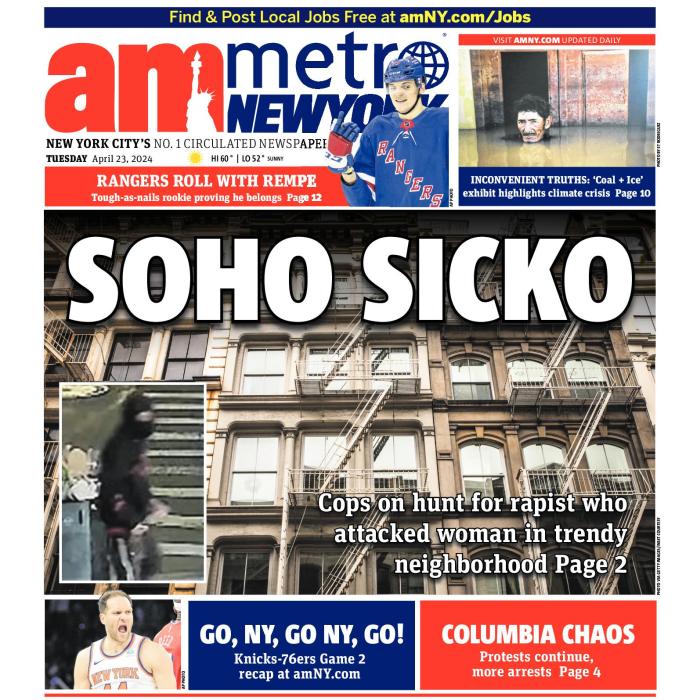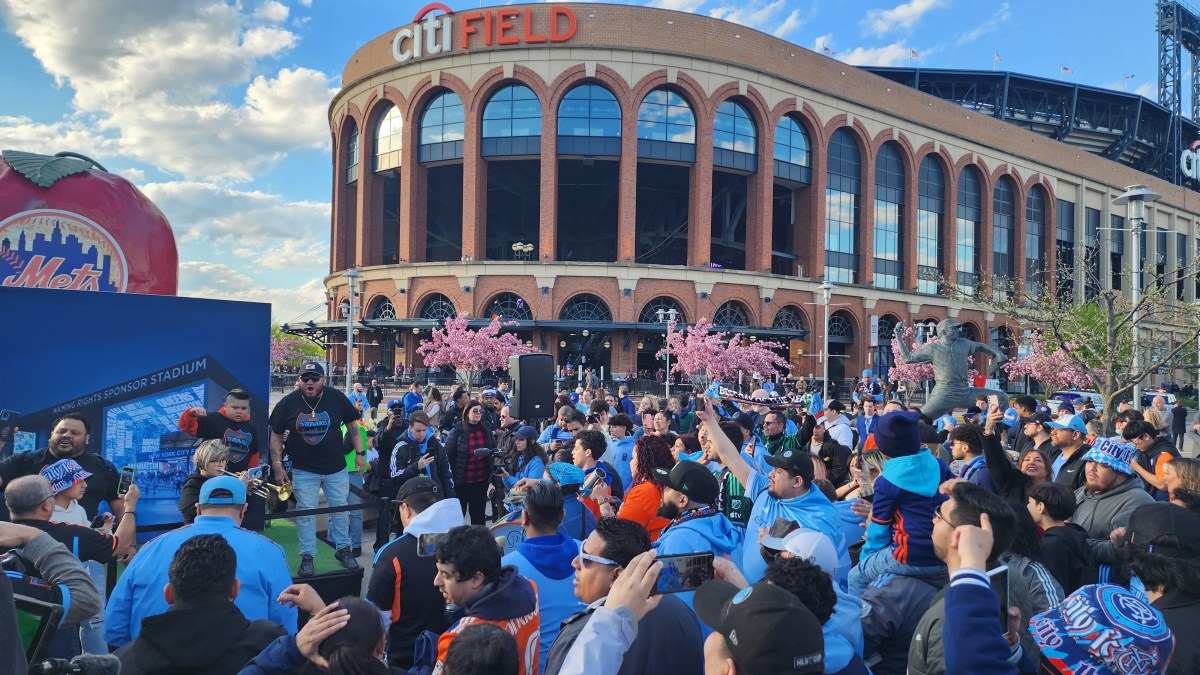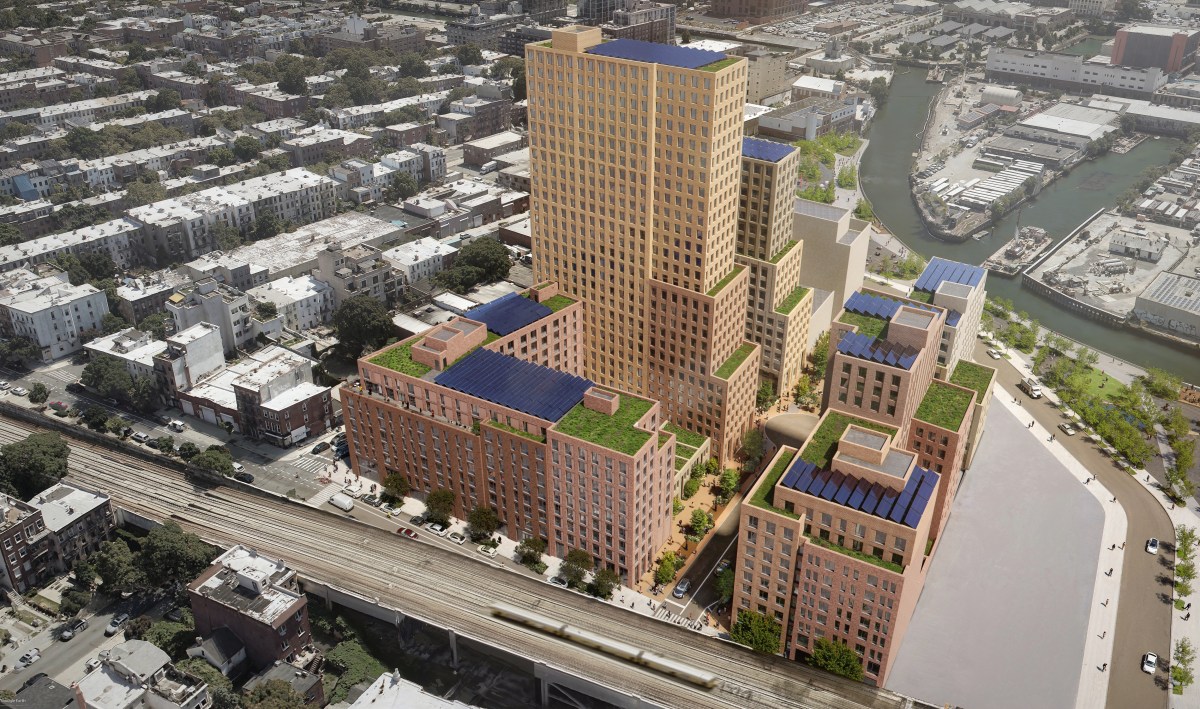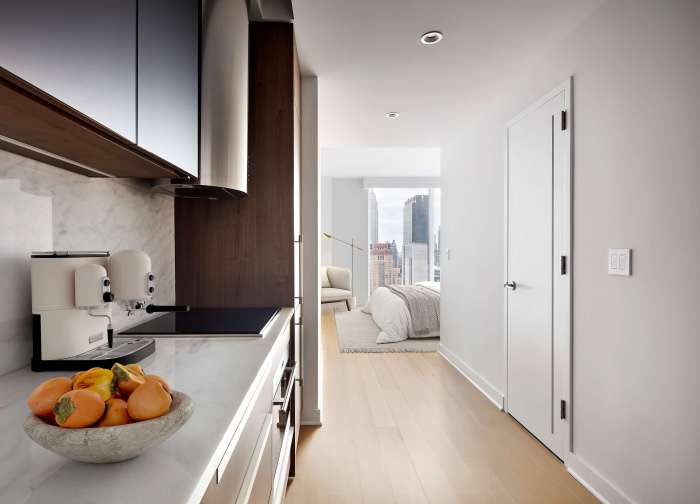Home hunting is no game, but some real estate agents say virtual reality can curb the back-and-forth of the chase and make the pursuit more manageable.
After toying with the technology for years, many New York agents use 3-D video tours to showcase condos and other homes available for purchase.
But a number of agents said crafting full-scale presentations for forthcoming residences remains risky.
Many noted virtual reality videos can help agents narrow down where to take clients, particularly international buyers. The technology allows viewers to enter a simulated three-dimensional environment, where, in many cases, they can get a sense of how things would look as they walk through a home and turn their head in various directions.
VR tours can be simple, online presentations that anyone can access, models that require just a downloadable smartphone app and a cardboard case for the phone, and more intricate tours that rely on special headgear or goggles. When such high-tech gear is needed, agents often offer their clients virtual viewings in their offices.
“In VR video you can’t hide wires, and you can’t hide lights, so everything is as it is,” said Randy Baruh, a real estate agent with Corcoran. “You see a lot of photos … and everything is perfect, and it’s not really exactly what it’s going to look like.”
Halstead hired staff to create 360-degree videos for about four to five homes a week that may then be viewed on the firm’s website.
But Halstead’s chief marketing officer Matt Leone said it has only worked with a few clients interested in creating a virtual tour for not-yet-complete residential projects, which Halstead is not set up to do in-house.
“That expense is probably not worth it at this juncture, based on the development cost, unless it’s a very expensive space,” Leone said.
Eydie Saleh, a salesperson at Mirador Real Estate, argues the costs have already dropped enough to make it economical, as long as developers view the virtual tours as the primary marketing tool, and not a bonus tactic.
She persuaded a development firm planning condos in Park Slope to avoid the common tactic of renting space where prospective buyers are invited to tour a model unit.
Instead, Saleh will send floor plans to a tech company that will create a remote-control navigable virtual tour, which Saleh says will appeal to the millennial generation that grew up playing video games.
“It saves an enormous amount of money — like hundreds of thousands,” said Saleh, who plans to show samples of materials available in condo bathrooms and kitchens alongside the VR tour in her office.
For not-yet-built projects, virtual reality services at Anyworld start at $3,000 for a condo and vary, depending on whether the virtual reality agency is showing the exterior as well as the interior, or adding furniture and making other staging decisions.
By contrast, Anyworld’s founder Filip Baba said the company charges 25 cents per square foot for videos of existing homes, which means a typical, 1,000-square-foot condo can be done for just under $300 — or about the cost of hiring a professional photographer.
He said VR technology is not yet cost-effective for many rentals, but that may soon change.
“If you study the history of even regular real estate listings, photos were even a big deal and it took a while to even roll that out,” Baba said. “I predict the consumer market will demand [virtual reality] more within a couple of years.”
Correction: A previous version of this story incorrectly attributed a quote that should have been attributed to Randy Baruh, a real estate agent with Corcoran.

















